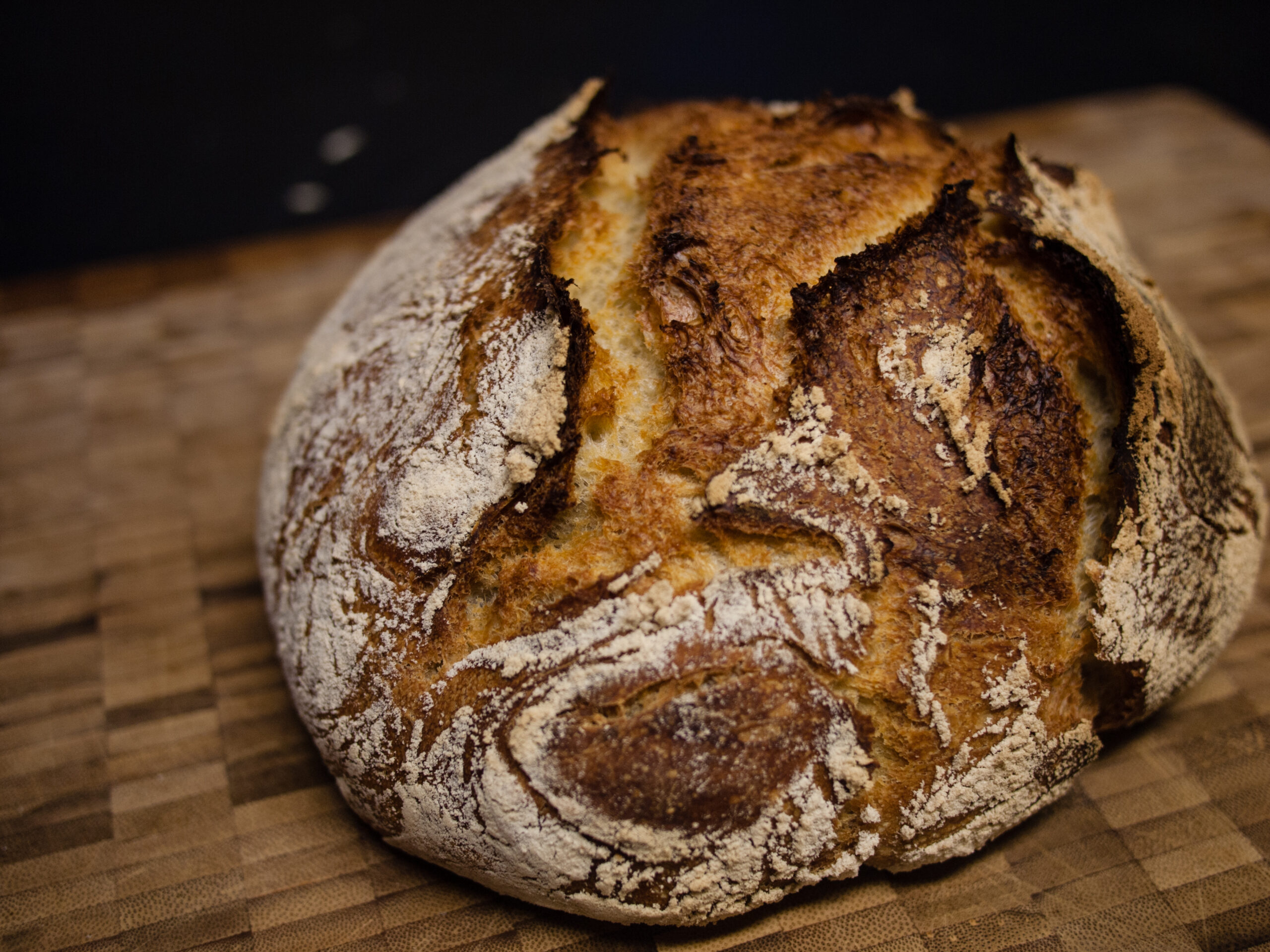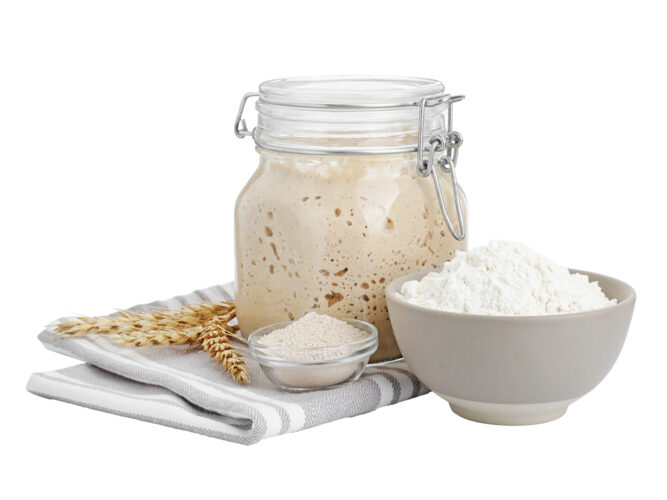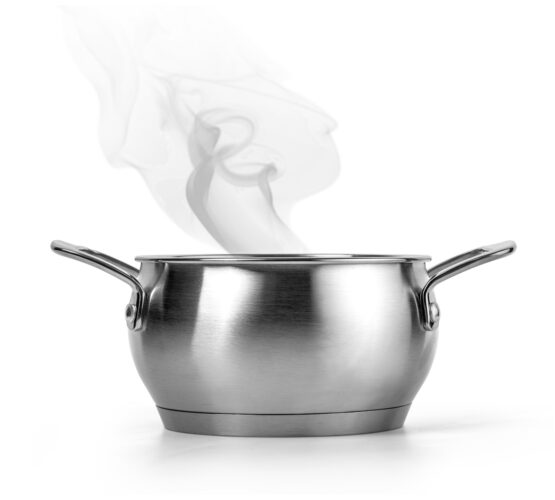There is a widespread custom, mentioned in the Poskim, that even those who eat pas palter during the year, should be careful to eat only Pas Yisroel during the Aseres Yemei Teshuva.
Here is a concise overview of the practical applications of these Halachos, for the benefit of the kosher consumer. Please consult your personal Rav for specific guidance.
Pas is defined as a baked item made from the flour of any of the five grains (wheat, barley, spelt, oats, and rye).
According to the Shach, there are two more requirements for something to be considered pas: It must have the appearance of bread and be made from a thick dough (not a runny/liquid batter.) According to the Pri Chodosh however, these conditions are not necessary. Rather, anything that might require the brocha of Birkas HaMazon after (if one ate enough) is considered pas, no matter the appearance or consistency of the dough.
Let’s take a closer look at some ambiguous products:
Ice Cream Cones: Regular ice cream cones are made from a liquid batter. According to the Shach there is no requirement for Pas Yisroel and according to the Pri Chodosh there is. Sugar cones, however, are made from a thick batter and could be subject to the laws of Pas Yisroel (if considered to have the appearance of bread). The OK requires all cones in foodservice establishments to be Pas Yisroel.
Pretzels and Small Crackers: According to the Shach there is no requirement for Pas Yisroel because they do not have the appearance of bread and according to the Pri Chodosh there is. However large pretzels and flatbreads would be considered pas.
Breakfast Cereals: Many Poskim maintain that there is no requirement of Pas Yisroel even when made from the five grains, given that they are manufactured through non-conventional baking processes (including steaming, extrusion, and puffing, etc).
Parbaked: Any baked product that is deliberately underbaked and therefore requires further baking can become Pas Yisroel when a Jew finishes off the baking. This is true even though the product was technically edible before the Jew finished the baking. Nevertheless, since the product requires improvement before being fit to serve, it can become Pas Yisroel when a Jew finishes baking it. Toasting is not considered a significant enough improvement in this regard. Therefore, bread that is fully baked and is fit to be served as is, cannot become Pas Yisroel by a Jew toasting it. For this reason, flour tortillas and English muffins must be Pas Yisroel and cannot become Pas Yisroel after the fact by toasting on a griddle.
Pie Crust: Pie crusts can be subject to the laws of Pas Yisroel. Even though they are baked again after the pie filling is added, the pie crust is usually fully baked beforehand and does not improve by further baking. If, however, one buys a truly parbaked crust, it would not need to be Pas Yisroel because the second baking would still improve the crust and make it Pas Yisroel.
Snack Bars: Snack bars made from whole oats (not oat flour) where the whole oats are still discernible (as in most granola bars) are not considered pas. However, when the oats fuse and dissolve and are no longer discernible (as in fig bars), the product is considered pas.
Chow Mein Noodles: These are deep fried and not baked and therefore are not subject to the laws of Pas Yisroel.
Breadcrumbs: Real panko crumbs are made from bread that is not conventionally baked (it is cooked by electrocution). Therefore, according to many Poskim, panko crumbs are not subject to the laws of Pas Yisroel. One needs to be sure that the Panko crumbs are truly made in this way, as there are many Panko style products which are made from regular bread. However, breadcrumbs from regular bread that is conventionally baked are subject to laws of Pas Yisroel. Sometimes breadcrumbs are used as a filler (for example, in tuna salad). In such situations they usually become dissolved and would be botul b’rov, so one need not be concerned with Pas Yisroel. (From the perspective of Middas HaChassidus, there is room to be stringent.)
Rabbi Yitzchak Hanoka is a Rabbinic Coordinator with the OK Kosher Certification.


 EN
EN  ZH
ZH  KR
KR  BR
BR  ES
ES  IN
IN  IL
IL 




